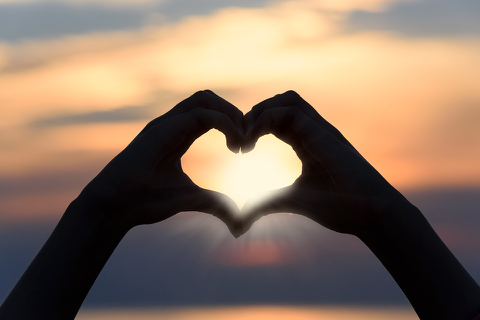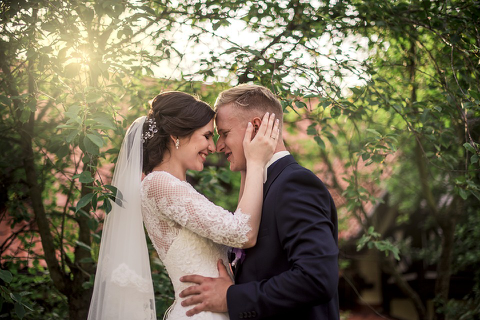If we were to say that dating applications and websites are changing the way that couples meet, there are very few who would gainsay us. The evidence of this is real and tangible, with anyone who has tried meeting someone in the last few years likely to have taken advantage of such technology themselves.
But according to new research, they’re not only influencing the way that we build romantic connections but on a more fundamental level, boosting the number of interracial marriages and making marriage itself more stable…
A changing world

In the not so distant past, it’s fair to posit that nobody met their partners online. It wasn’t until the late 1990s that the first wave of dating websites was unveiled, with more quickly following on their heels as we progressed through the noughties and beyond.
Today, our world is a very different one – one far more influenced by technology and its advances. Most would, therefore, be unsurprised to learn that over a third of all marriages now start online.
It’s become a natural place to meet people, so it’s a given that the internet has had a hugely significant impact on dating behavior. What is less obvious to the casual observer is that it’s also had a much more profound effect. Apart from this, people also opt for Bayswater escorts to get a little bit of companionship, while not having to commit to a full relationship.
One of the ways that people traditionally meet their partners is through social networks that link them to each other. Though we’re unlikely to date one of our best friends, we are highly likely to enter into relationships with people who are linked to us through them, such as friends of friends. Thus, in the jargon of ‘network theory’, we typically date those who are embedded in our networks.
Online dating has changed this entirely. Today the second most popular way for heterosexual couples to meet, and the most common vehicle for homosexual partners to connect, it means that we’re far more likely to meet and marry complete strangers, forging social links that were previously nonexistent.
Furthermore, niche dating sites have flourished, catering to specific interests and demographics. From platforms tailored for individuals with shared cultural backgrounds to those aimed at enthusiasts of particular hobbies, lifestyles like online dating sites and apps for curvy women or apps for LGBTQ+ individual, these sites have redefined the dating landscape.
In essence, technology has not only expanded the scope of potential partners but also deepened the ways in which we perceive compatibility. With algorithms analyzing compatibility factors ranging from hobbies and preferences to values and life goals, the process of finding a partner has become more refined, promising higher chances of a lasting connection. This profound shift, spurred by the digital age, has reshaped the very fundamentals of how we approach and engage in relationships, highlighting the intricate interplay between technology, human nature, and companionship.
Changing the fabric of marriage

Interestingly, dating sites like badoo.com are doing more than just influencing how we meet people. According to scientists Ortega and Hergovich, they are also impacting the racial diversity of our society.
Researchers hypothesize that the primary reason for this is the new links this technology creates in our social networks. Overriding the pre-existing social structures that each of us has, they mean that we’re now more likely to meet and marry those from different racial groups, with models predicting almost complete integration, correlating with the spread of online dating.
There is one more surprising and unexpected outcome that’s proven interesting: marriages created in a society predominated by online dating also tend to be stronger, with lower rates of marital breakup amongst those whose relationships started online compared to those who met through more traditional channels.
It’s certainly an interesting revelation and one that offers a significant societal benefit to all. Whoever envisaged that such good would result from a form of connecting that has so long been considered the inferior cousin to more traditional love stories?

